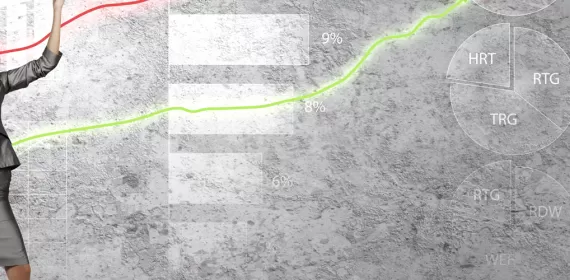Creative Self-Management: Plotting to Change Personal Behavior
Changing things about ourselves that we want to change is a big challenge for everyone. It often can seem even harder if they also are things we need to change for reasons of physical or behavioral…
Creative Self-Management: Measuring Behavior for Change
A while back, I posted some observations about creative self-management. In it were some suggested steps to take to change our own behavior. These were to, first, define the behavior to be changed –…
Behavior Analysis in Japan
Organized activity on behavior analysis in Japan began in 1979 with the formation of the Society for the Study of Behavior Analysis. In 1983, the society changed its name to the Japanese Association…
Skinner’s Twin: The Back Story
This whole thing started a few months ago when I needed a photograph of some pigeons for a presentation I was preparing for the Aubrey Daniels Institute. I Googled, “Pigeons” and then clicked on “…
Do Robots Behave?
Is behavior limited to living, organic creatures, like us, or can inorganic creatures created by organic creatures also behave? Like robots. The first thing to consider in answering this question is…
Setting Supervisors up for Safety Success: 5 Tips for Building Engagement
No matter the industry, in all my years of experience working across organizations, from the hourly workforce to the executive team, I have always found the most difficult job to be frontline…
B. F. Skinner’s Lost Twin Brother
B. F. Skinner’s first academic position was at the University of Minnesota in the late 1930s. It is generally acknowledged that his research changed the face of modern psychology. Roughly four…
Being Objective about Objectivity
Everyone concerned with evaluating human behavior is concerned with objectivity. Jurors are screened to ensure that they do not have preconceived opinions about a defendant’s guilt or innocence.…
Being Sensible about Ignoring Behavior
There’s an old adage in psychology that when dealing with behavior problems one should reject the behavior and not the person. It’s pretty good advice, we think, and consistent with the idea…
Allen Neuringer: Behavioral Variation
Allen Neuringer’s Insightful Research on Behavioral Variation
The Aubrey Daniels Institute is pleased to recognize the outstanding contributions of Allen Neuringer, Professor Emeritus at Reed…
Sustainability in Your Process Improvement
Lean and Six Sigma are very useful tools for process improvement initiatives with the intent of reducing waste and variability in work processes and the product. These reductions can lead to a…
3D Printing, Laser Cutting, and Behavior Analysis
Note from the Institute: Dr. Rogelio Escobar is a professor at the National Autonomous University of Mexico in Mexico City. He is an expert in not only the experimental analysis of behavior, but also…
Extinction 102
The first commentary in this series of three on extinction addressed some basic observations about extinction. As with many things in life, extinction is a little more complicated than it may appear…
Paying Criminals Not to Get Caught?
At the US Open in 1925, golfer Bobby Jones called a penalty on himself, a penalty that no one saw. That one stroke caused him to lose the tournament. When people began to praise him for his…
“Mind the Gap”: Inconsistencies between Rules and Consequences
Anglophiles will recognize the first part of the title as being borrowed from the London Underground (subway, for the uninitiated). It is an instruction admonishing users to be aware of the space…
Extinction 101
Extinction has two meanings in behavior analysis. It first refers to the procedure of withholding or eliminating reinforcement. A technical aside is that it also can refer to the procedure of,…
Over-Instructing
As noted in the previous Behavior Watch commentary, rules, a.k.a. instructions, are valuable in establishing and maintaining behavior wherever people live and work. Rules are created to both…
When Rule-Following Is and Is Not Negotiable
It is hard to overstate the value of instructions, or, more broadly, rules, in working with both things and other people. They often are an efficient way of establishing new behavior without…



















